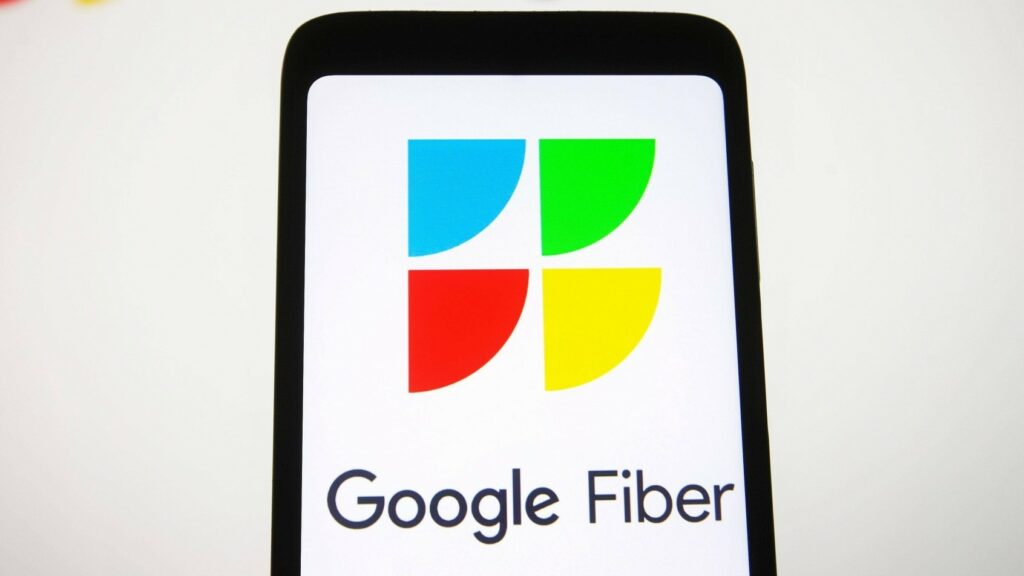Google Fiber has ratcheted up its expansion activity as it continues to cut deals to build fiber networks in cities such as Franklin, Tennessee; Logan, Utah; Pocatello, Idaho and Lakewood, Colorado.
The bulk of Google Fiber’s buildouts are focused on cities and towns that are getting broadband service from incumbent cable operators and telcos. In that process, depending on the market, Google Fiber is tangling with major operators such as AT&T, Charter Communications, Comcast and Lumen as well as midsized players like Mediacom Communications.
So far, Google Fiber has not focused on rural or otherwise unserved or underserved areas, but it has participated in programs such as the Affordable Connectivity Program (ACP). Google Fiber likewise has stayed on the sideline with respect to state or federal government subsidy programs, including the Rural Digital Opportunity Fund (RDOF). The $42.45 billion Broadband Equity, Access and Deployment (BEAD) program is on deck, but it appears Google Fiber won’t go to bat for BEAD – at least without some sort of partner.

“At this time, we have no plans to pursue government funding directly,” a Google Fiber official said in response to questions on if the unit intended to participate in BEAD or was exploring or bidding on other state or federal broadband access grant programs.
Google Fiber didn’t elaborate on its reasoning. But the response indicates that it might be interested in exploring government subsidies through partnerships of some kind. Google Fiber, which has been known to work closely with local governments on its buildout projects, has been asked for further comment on partnership possibilities.
Google Fiber has teamed up with local authorities in markets such as Des Moines and Huntsville. “We’re open to partnerships where it makes sense for our business and for the city,” a Google Fiber official explained.
